There is no better time than the present to raise awareness about the immense issues facing those living in poverty around the world. Each January, we observe Poverty Awareness Month, an opportunity to reflect on the challenges faced by the millions who struggle daily to survive and provide basic needs for themselves and their families. However, awareness alone will not solve this crisis. We must combine reflection with action — through advocacy, volunteerism, and donations — if we aim to make meaningful progress in alleviating poverty within our lifetimes.
This month, we invite you to join us at the NAFC in taking your understanding of poverty to the next level. Let’s have thoughtful discussions about root causes, move past statistics to consider real people’s lives, and identify actions we can each take using our unique talents, voices and resources. Together, through compassion and determination, we can help lessen the burdens of poverty — one person or family at a time.
Understanding the Root Causes of Poverty
As we reflect on Poverty Awareness Month, it’s important to understand the root causes of poverty and the factors that contribute to it. From low wages to unequal access to education and healthcare costs, poverty can be caused by a range of systemic inequities. It’s not just a matter of personal choices or individual responsibility, but rather a complex interplay of economic, social, and political factors.
By examining the underlying forces that perpetuate poverty, we can begin to address the issue more effectively. This requires a collaborative effort from policymakers, business leaders, and community members alike. Together, we can create a more equitable society where every family has the opportunity to thrive and succeed.
Low Wages
Low wages can make it difficult for individuals and families to make ends meet, forcing them to make tough decisions between paying for basic necessities such as food, rent, and healthcare. This, in turn, can lead to increased stress, poor mental health, and even homelessness. While some argue that the solution to poverty lies solely in personal responsibility, it is necessary to acknowledge that the issue is complex and requires systemic changes. A living wage, affordable healthcare, and access to education and training could all help to alleviate poverty and improve the overall well-being of our communities. By addressing the issue of low wages, we take a step towards a more equitable and just society.
Unequal Access to Education and Healthcare
Lack of access to quality education limits individuals’ ability to acquire the necessary skills for well-paying jobs, which can create a cycle of financial instability. Similarly, inadequate access to healthcare leads to a higher prevalence of preventable illnesses and chronic conditions, which can exacerbate poverty by increasing medical expenses and missing work. These systemic issues disproportionately affect minority groups, perpetuating inequality and systemic racism. Addressing these issues requires systemic change and investment in education and healthcare infrastructure to ensure that all individuals have access to equal opportunities and resources. It’s time to prioritize the connection between education, healthcare, and poverty reduction, and move toward a more equitable future for all.
What Can We Do To Help During Poverty Awareness Month?
 Poverty is one of the most pervasive challenges that our society currently faces and requires a multifaceted response. There are several practical ways that individuals and communities can help in the fight against poverty. Volunteering your time at a local shelter or food bank can make a significant impact on the lives of those affected. Additionally, financial contributions to organizations that aim to fight poverty can go a long way too.
Poverty is one of the most pervasive challenges that our society currently faces and requires a multifaceted response. There are several practical ways that individuals and communities can help in the fight against poverty. Volunteering your time at a local shelter or food bank can make a significant impact on the lives of those affected. Additionally, financial contributions to organizations that aim to fight poverty can go a long way too.
Advocacy is also crucial in educating others, governmental institutions, and policymakers about the need for systemic change to alleviate poverty. By banding together and using our collective voices and resources, we can make strides to reduce poverty and make a positive impact on individuals’ lives.
Advocating for Change During Poverty Awareness Month
During Poverty Awareness Month, individuals and organizations alike have the opportunity to advocate for meaningful change. Poverty affects millions of people across the globe, and it is essential that we take steps to address this pervasive issue. Advocacy can take many forms, from donating to charities that combat poverty to spreading awareness about the causes and consequences of poverty. Making noise and pressuring policymakers to prioritize poverty reduction measures is crucial.
As we work towards reducing poverty, it is important to keep in mind that poverty affects a diverse group of people, including women, children, and minorities. It is essential that any efforts to address poverty take into account the unique challenges faced by these groups. By coming together during Poverty Awareness Month, we can make a difference and promote meaningful change in the fight against poverty.
Coming Together as a Community Through Dialogue
When we see beyond statistics to our shared humanity, we can start to build a more empathetic and compassionate community. One way to do this is through open dialogue. By engaging in honest and respectful conversations, we can learn about each other’s experiences and perspectives, and begin to break down the barriers that prevent us from understanding and supporting one another. We all have a role to play in giving hope to those in need. Whether it’s volunteering at a local soup kitchen, donating to a charity that supports people living in poverty, or simply being a friendly neighbor, every action counts. Together, we can create a more equitable and just society where everyone has the opportunity to thrive.
Volunteering at the NAFC
Volunteering at the National Association of Free and Charitable Clinics (NAFC) can make a huge difference in the lives of those struggling to put food on the table and access basic healthcare. By volunteering at the NAFC, individuals can assist with medical care and outreach programs that provide free healthcare services to those most in need.
The NAFC has been at the forefront of providing free healthcare services to the uninsured and underserved communities for over 20 years, and its volunteers continue to make a massive impact. Volunteering at the NAFC provides a perfect opportunity for those who want to make a difference in the world and contribute to ending poverty. Every little bit helps, so why not volunteer at the NAFC today and make a difference in someone’s life?
To learn more about how you can volunteer — or even donate — alongside the NAFC, please visit our website, our Volunteers page, and our Ways to Give page.
